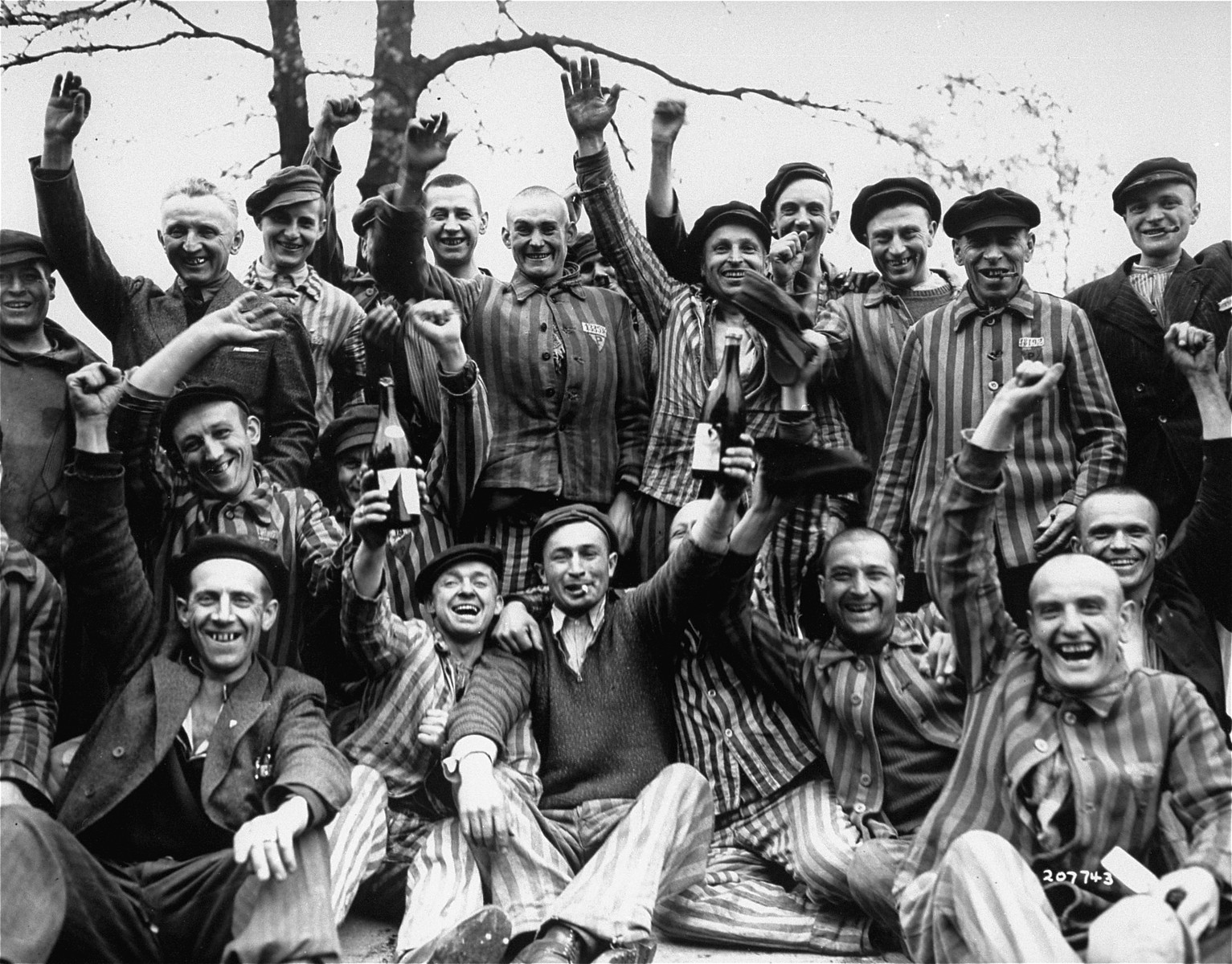The Use of Alcohol During and After the Holocaust

A public lecture by Sina Fabian (Humboldt University of Berlin, Germany, History)
USC Dornsife Center for Advanced Genocide Research Visiting Scholar
(Join us in person for this lecture or attend virtually on Zoom)
Organized by the USC Dornsife Center for Advanced Genocide Research
Alcohol played an important role during the Holocaust. Its functions, however, varied greatly. In this lecture, Sina Fabian explores the different ways German perpetrators and Jewish survivors used alcohol, including perpetrators using alcohol during or after mass killings, Jews using alcohol as a tool for resistance and survival, and people using liquor after the Holocaust as a coping mechanism.
The talk draws on testimonies from the USC Shoah Foundation Visual History Archive, as well as on interrogations that took place in the 1960s and 1970s with former members of Einsatzgruppe D, which had operated in Bessarabia, Transnistria, Southern Ukraine, Crimea, and Northern Caucasus.
Lecture image courtesy of United States Holocaust Memorial Museum: Polish prisoners in Dachau toast their liberation from the camp.
Sina Fabian is Assistant Professor of 20th Century German History at Humboldt University of Berlin in Germany. Professor Fabian earned her PhD in Contemporary History at the Leibniz Centre for Contemporary History at the University of Potsdam in Germany. She earned her MA in Medieval and Modern History at the Justus-Liebig-University Giessen. Professor Fabian was a senior fellow at the Center for Holocaust Studies at the Leibniz Institute for Contemporary History in Munich. Read more about Professor Fabian here.
COVID-19 protocols:
- All attendees must conduct a self-health screening prior to attending. If you have any symptoms or are currently in an isolation period due to a recent infection, you may not attend.
- While masks are not required for this event, we strongly recommend that attendees, vaccinated or unvaccinated, consider wearing them for their own protection and the protection of others.
- Attendees with a recent close contact exposure (in the last 10 days) are required to wear a well-fitting mask at all times.
- Please note that protocols are subject to change.
- If you are feeling unwell day-of, please join us online! All attendees will be emailed the Zoom link upon registration.



